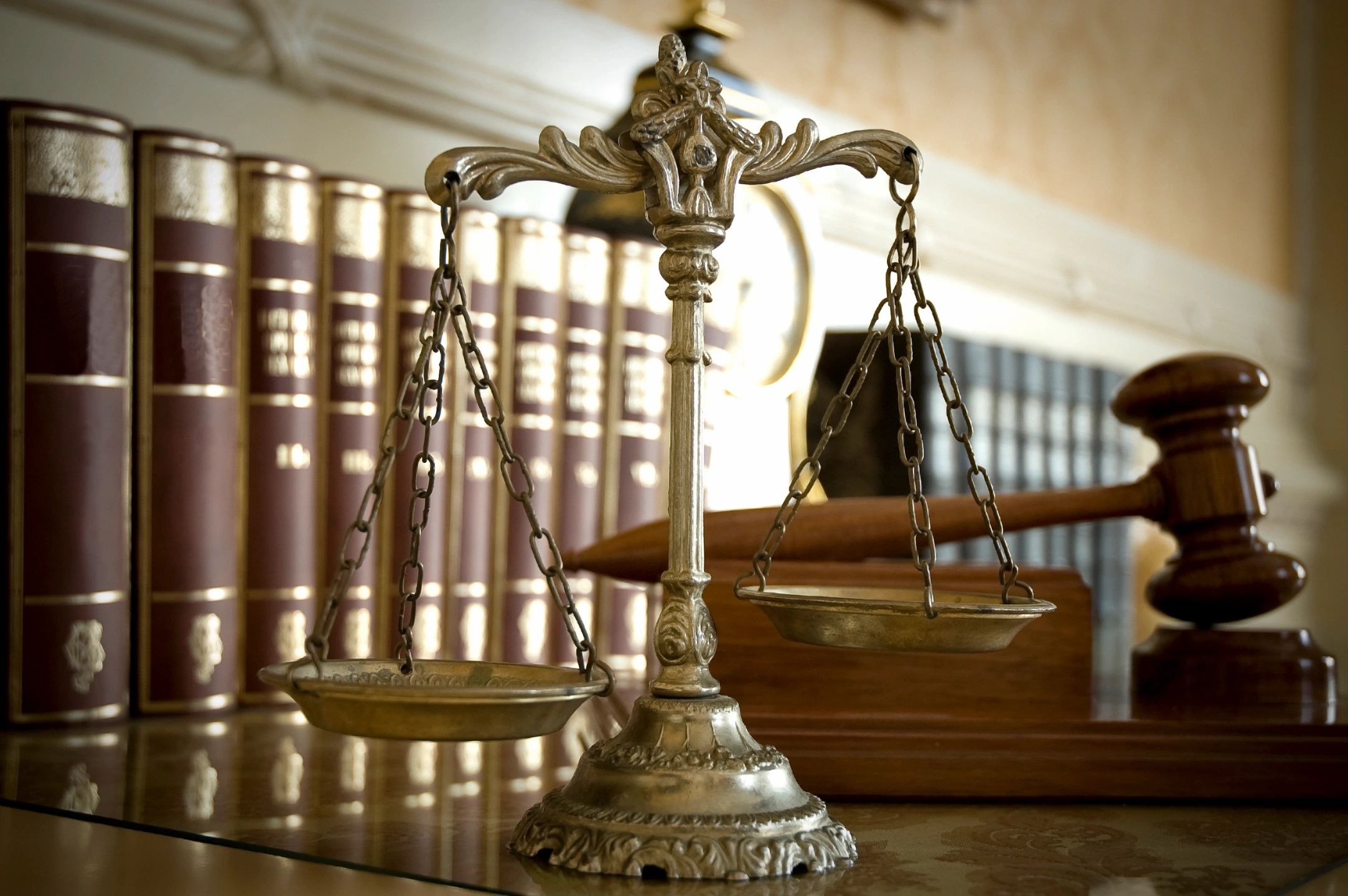In the previous article, we discussed Judges Who Break the Law and Legislate from the Bench. In this article, we will discuss why the Supreme Court gave them so much power. This is despite our 14th amendment rights and immunity and makes judges above the law and they can do almost anything they want… Judges Who Break the Law and Legislate from the Bench
According to the Supreme court, the historical justification for judicial immunity can be traced to the case of Floyd v. Barker,1 a 1607 English case written by Lord Coke. In Floyd, Lord Coke held that a judge handling a murder trial could not be prosecuted in another court for criminal conspiracy; rather, any disciplinary measures had to be taken without resort to criminal prosecution.2 This, in turn, had the effect of “establish[ing] the immunity of judges of courts of record, thus ensuring the independence of those courts from review by their newer rivals, especially the Star Chamber, which were under the control of the king.”3 Judicial immunity was thus, as the Supreme Court declared in Bradley, “the settled doctrine of the English courts for many centuries.”4 Apparently consistent with this proclamation, judicial immunity had “never been denied . . . in the courts of [the United States].”5
The Supreme Court in Pierson v. Ray
In Pierson v. Ray, the Supreme court relied on the history of judicial immunity and congressional intent in reaching this decision. It stated that “[f]ew doctrines were more solidly established at common law than the immunity of judges from liability for damages for acts committed within their judicial jurisdiction, as this Court recognized when it adopted the doctrine, in Bradley v. Fisher.” It also rejected the argument that 42 U.S.C. § 1983 abolished judicial immunity. If 42 U.S.C. § 1983 were honored in regard to judges, it would have given criminal recourse when they deprive people of their 14th amendment rights. The Supreme court stated:
“We do not believe that this settled principle of law was abolished by § 1983 . . . . The legislative record gives no clear indication that Congress meant to abolish wholesale all common-law immunities. Accordingly, this Court held in Tenney v. Brandhove, 341 U.S. 367 (1951), that the immunity of legislators for acts within the legislative role was not abolished. The immunity of judges for acts within the judicial role is equally well established, and we presume that Congress would have specifically so provided had it wished to abolish the doctrine.”6
Justifications the Supreme court gave for honoring judicial immunity under the 11th Amendment at the cost of our 14th Amendment Rights:
Lord Coke held in Floyd v Barker that a judge handling a murder trial could not be prosecuted in another court for criminal conspiracy. This had the effect of “establish[ing] the immunity of judges of courts of record.
- Judicial immunity was “the settled doctrine of the English courts for many centuries.”1
- Judicial immunity had “never been denied… in the courts of [the United States].”
- The legislative record gives no clear indication that Congress meant to abolish wholesale all common-law immunities.
- The definition of “color of law” does not include judges.
However, is this even true? Before the 14th amendment passed, were judges sued in the United States?
Did Lord Coke really say judges couldn’t be sued and would that mean that there was no recourse for when a judge was corrupt?
Did the legislative record address judicial immunity? Do judges have absolute immunity under the 11th amendment that had been ratified in 1795 or would the 14th Amendment ratified in 1868 abrogate those immunities?
Are judges included in the definition of ” color of law”?
In the following articles, we will go over each of these issues starting from the beginning with Judicial Immunity – Early History in England
Footnotes:
1 (1607) 77 Eng. Rep. 1305; 12 Co. Rep. 23 (Star Chamber); see Bradley v. Fisher, 80 U.S. (13 Wall.) 335, 347–48 (1872).
2 Floyd, 77 Eng. Rep. at 1307; 12 Co. Rep. at 25.
3 J. Randolph Block, Stump v. Sparkman and the History of Judicial Immunity, 1980 Duke L.J. 879, 885–86
4 Bradley, 80 U.S. (13 Wall.) at 347.
5 Id.

I never believed in online dating until I tried this site. Now I’m chatting with girls from my city every evening – https://t.me/+ijV3M3OHHIowNzcx
Hehurl
Thank you for your sharing. I am worried that I lack creative ideas. It is your article that makes me full of hope. Thank you. But, I have a question, can you help me?
Your point of view caught my eye and was very interesting. Thanks. I have a question for you.
Thanks for sharing. I read many of your blog posts, cool, your blog is very good.
Thank you for your sharing. I am worried that I lack creative ideas. It is your article that makes me full of hope. Thank you. But, I have a question, can you help me?
MZqgfFgj poeh FKnQ cZJRCbEB NYAB WWRf EYDLdK